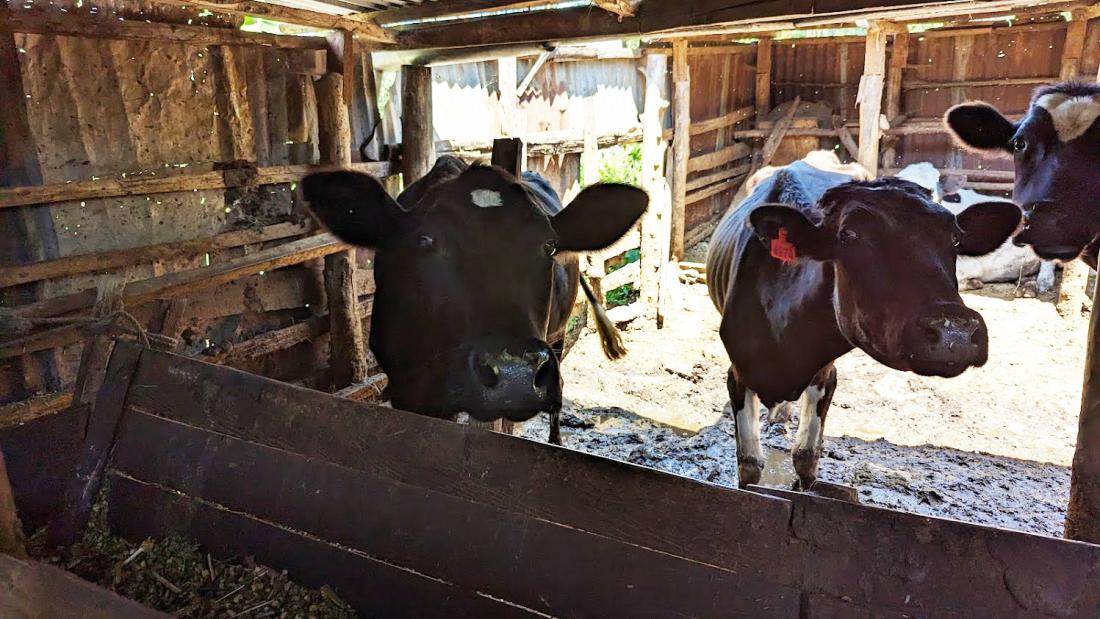“A two-pronged approach can improve efficiency and reduce environmental degradation and emissions, while the current knowledge gap is a barrier to the investment needed to meet demands and for the country as a whole to meet its environmental targets.
The research is one of 13 successful applications to the ‘Unlocking the potential of nature to deliver climate solutions and improve livelihoods’ programme. This is a UK Official Development Assistance (ODA) programme that funds research into nature-based solutions to climate change and poverty reduction, which is managed by the Global Centre on Biodiversity for Climate via DEFRA.
“We are very excited to announce the first round of grant award recipients through the Global Centre on Biodiversity for Climate (GCBC) in partnership with RBG Kew and DAI Global UK. This is a significant milestone and the first step towards delivering climate solutions for vulnerable populations by working in partnership with organizations across the Global South to harness nature’s potential to enhance climate resilience and improve livelihoods,” said Professor Gideon Henderson, Chief Scientific Adviser, UK Department for Environment, Food and Rural Affairs.


